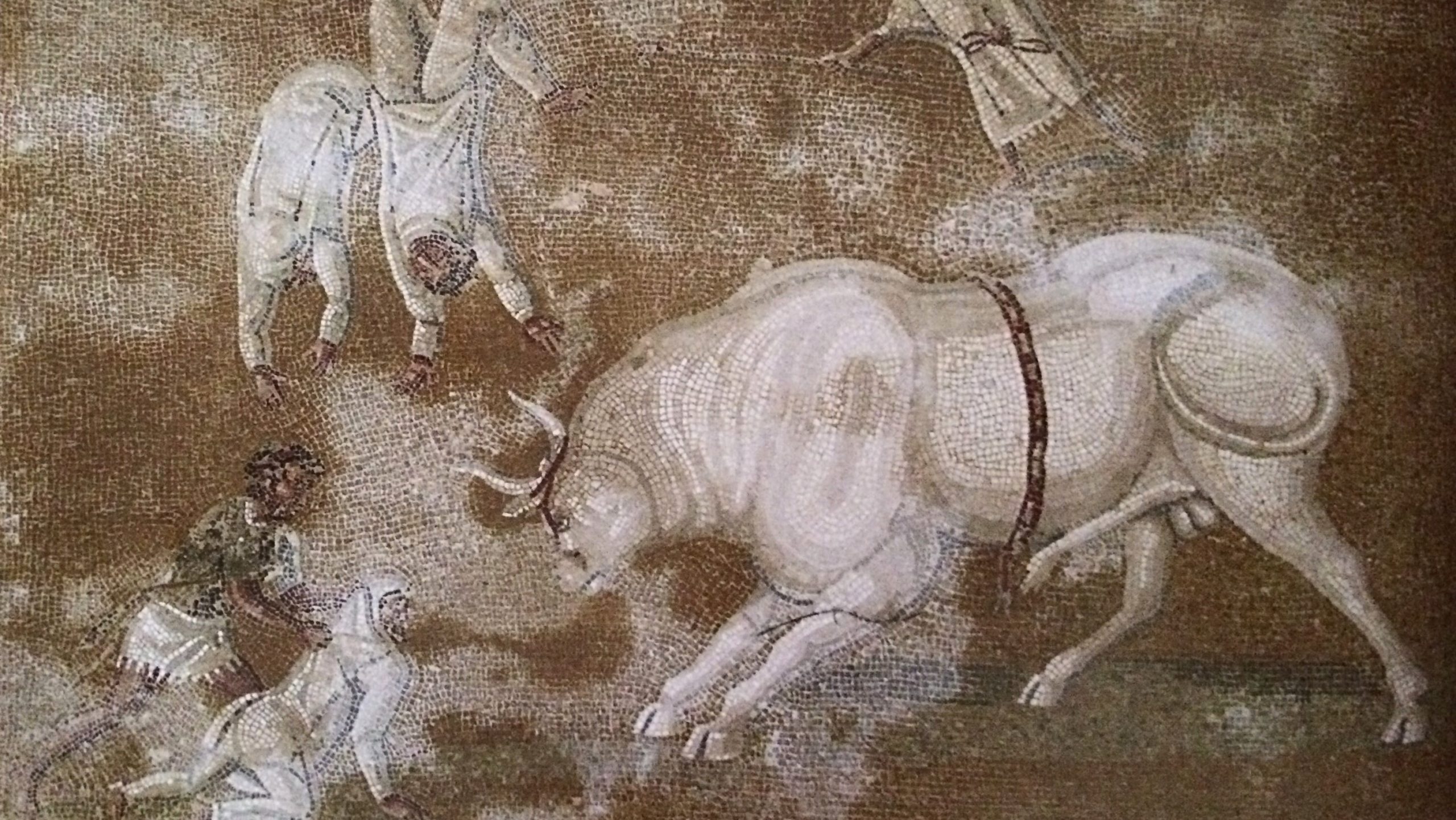
Matthew 5:11-12
Narrative Lectionary 103
11 “BlessedA are you when people revileB you and persecuteC you
A “blessed” = makarios. From makar (happy); from mak– (to become long or large). This is blessed, happy, fortunate. It is when God’s grace/abundance is extended.
B “revile” = oneidizo. 9x in NT. From oneidos (a personal disgrace that leads to harm to one’s reputation, a taunt or reproach); perhaps from the base of onoma (name, authority, cause, character, fame, reputation); perhaps from ginosko (know, recognize, learn from firsthand experience). This is to disgrace, insult, mock, blame, or curse someone so as to create shame. This is when a person or thing is considered guilty and deserving punishment. So, it can be denounce, revile, defame, or chide.
C “persecute” = dioko. From dio (put to flight). This is chase or pursue in an aggressive fashion. By implication, it is persecute. It can also be used positively for eagerly pursuing something.
and utter all kinds ofD evilE against you falselyF on my account.
D “all kinds of” = pas. This is all or every.
E “evil” = poneros. From poneo (to toil); related to ponos (pain, trouble, labor, distress, suffering; toil, which implies anguish); from the base of penes (a laborer, poor person, starving or indigent person; someone who works for their living); from pernomai (working for a living; laborer, poor person; to work for daily bread); from peno (to toil to survive day by day). This is bad, evil, wicked, malicious, grievous, or toilsome. Properly, it is something that bears pain – it emphasizes the miseries and pains that come with evil. By contrast, the Greek kakos refers to evil as part of someone’s core character. Also contrasting the Greek sapros, which deals with falling away from a previously embodied virtue. This word can mean ill, diseased, morally culpable, derelict, vicious, malicious, or guilt. It can also refer to the devil or sinners.
F “falsely” = pseudomai. 12x in NT. From pseudo (to lie or falsify). This is to lie or falsify – whether outright or by misleading.
12 RejoiceG and be glad,H for your rewardI
G “rejoice” = chairo. From char– (to extend favor, lean towards, be inclined to be favorable towards). This is to rejoice, be glad or cheerful; a greeting. This is the root verb that the Greek word for “grace” comes from (charis).
H “be glad” = agalliao. 11x in NT. From agallomai (to exalt, make glorious) {from agan (much, very) + hallomai (to leap or leap up; when referring to water, springing up or bubbling up; to jump or figuratively to gush)}. This is properly joy that prompts you to jump up. It is a full body experience of joy: exulting, rejoicing, or even boasting from joy.
I “reward” = misthos. This is wages, pay, or salary. It can also be reward, recompense, or punishment. It is pay for services rendered in a literal or figurative way, either good or bad.
is greatJ in heaven,K for in the same way they persecuted the prophetsL who were before you.
J “great” = polus. This is much, often, plenteous – a large number or a great extent.
K “heaven” = ouranos. May be related to oros (mountain, hill) with the notion of height. This is the air, the sky, the atmosphere, and heaven. It is the sky that is visible and the spiritual heaven where God dwells. Heaven implies happiness, power, and eternity.
L “prophets” = prophetes. From pro (before, in front of, earlier than) + phemi (to declare, say, use contrasts in speaking to shed light on one point of view); {from phao (to shine) or phaino (to bring light, cause to appear, shine, become visible or clear)}. This is a prophet or poet – one who speaks with inspiration from God.
Image credit: “The Bull and his Victims” – a mosaic from the 2nd century.
